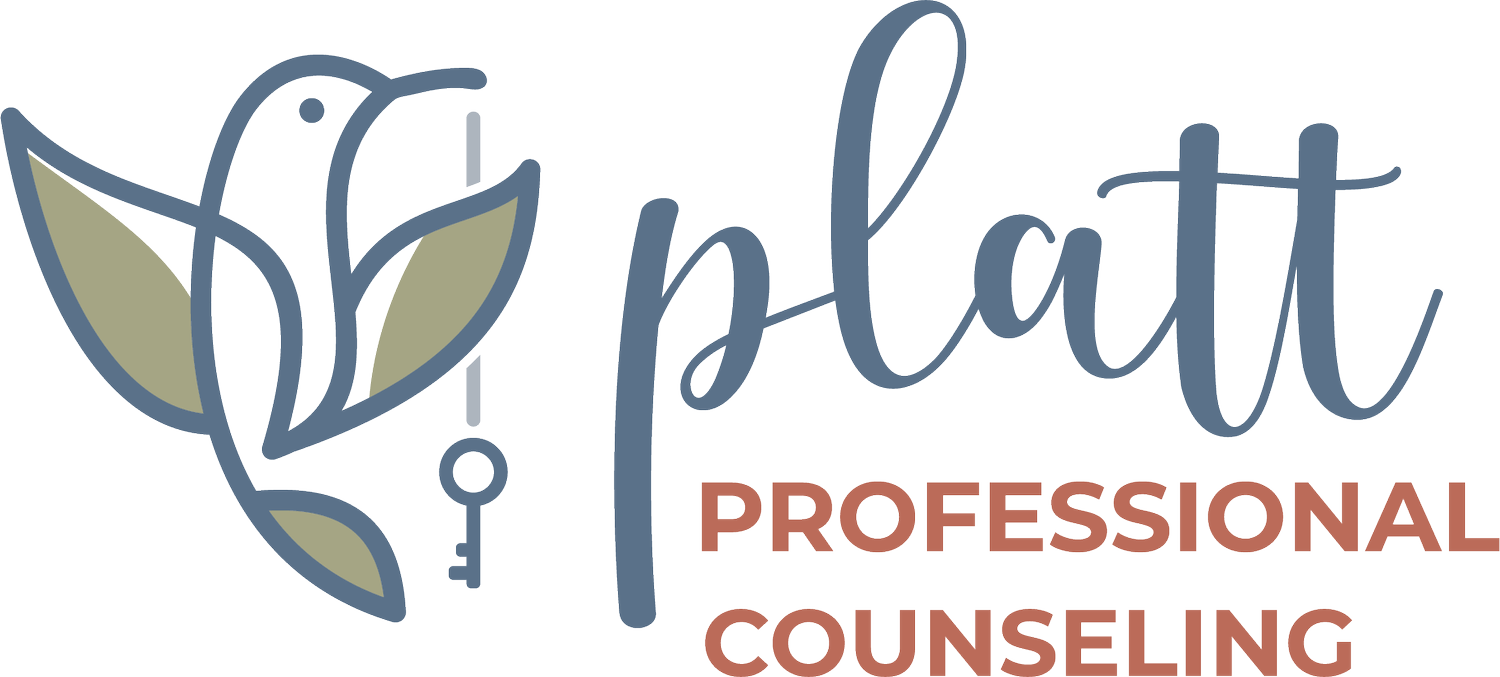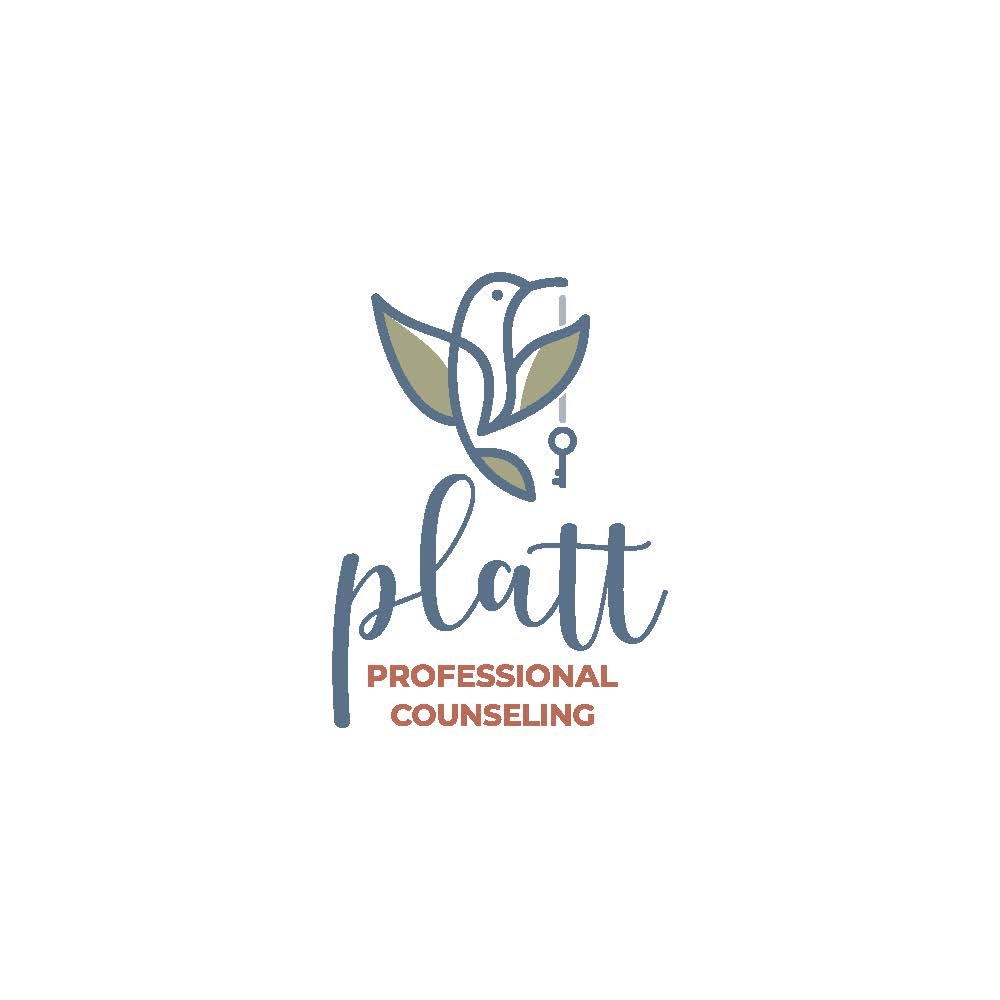5 Frameworks to Help You Review Your Year
Reflection is the key to growth.
As the year draws to a close, it’s easy to get swept up in the rush of holiday plans or the pressure to set new goals. But before you dive into what’s next, it’s worth pausing to look back on where you’ve been. Examining your year doesn’t have to feel overwhelming — it can be one of the most rewarding and kind things you can do for yourself every year.
Socrates once said, “The unexamined life is not worth living.” This blog offers five practical frameworks to help you reflect on your year and step into the next with clarity, intention, and confidence.
1. The Gap and The Gain
Adapted from Dan Sullivan's The Gap and The Gain, this framework is all about shifting your perspective. Too often, we measure ourselves against an ideal we haven’t yet reached (the Gap), leaving us frustrated and feeling like we haven’t done enough. Instead, Sullivan challenges us to look back and focus on how far we’ve come (the Gain).
To apply this framework, ask yourself:
What were my biggest wins this year?
What skills or habits have I developed?
How am I a better version of myself than I was 12 months ago?
The goal is to celebrate progress rather than dwelling on what’s still unfinished. When you see how much you’ve grown, it becomes easier to feel motivated and grateful for what’s ahead.
2. The Wheel of Life
Photo from: https://minimalism.co/articles/wheel-of-life
Life isn’t one-dimensional, and neither should your reflection be. The Wheel of Life is a powerful visual tool that helps you evaluate various areas of your life, such as social, career, financial, spiritual, physical, intellectual, and family.
Here’s how to use it:
Draw a circle and divide it into slices, each representing a key area of your life.
Rate your satisfaction in each area on a scale from 1 to 10.
Reflect on your results: Which areas feel balanced? Where do you want to grow?
This exercise gives you a big-picture view of how well your life is functioning as a whole. It also highlights areas where you may want to focus your energy in the coming year. CLICK HERE to learn more about the wheel of life exercise.
3. K.I.S.S: Keep, Improve, Stop, Start
Simplicity is key when it comes to reflection, and the K.I.S.S. method (Keep, Improve, Stop, Start) is a perfect framework for cutting through the noise and focusing your attention.
Keep: What worked well this year? What habits, practices, or commitments brought you joy or success?
Improve: What needs tweaking? How can you refine something that’s already working?
Stop: What drained your energy or held you back? What are you ready to let go of?
Start: What new habit or project would move you closer to your goals or values?
This framework is especially helpful for people who feel overwhelmed by lengthy evaluations. It encourages small, specific changes that build momentum over time.
4. Habit Audit
Habits are the invisible architecture of our lives.
They shape who we are and where we’re headed, often without us even realizing it. James Clear, author of Atomic Habits, argues that success is the result of small, consistent actions compounded over time. A habit audit can help you identify which routines are serving you—and which aren’t.
To conduct a habit audit:
List your daily habits, from the moment you wake up to the time you go to bed.
Ask yourself: Is this habit helping or hindering my growth?
Identify habits to keep, adjust, or eliminate.
For example:
Positive habit: Morning workouts that boost your energy.
Negative habit: Scrolling through your phone late at night and losing sleep.
Once you identify your habits, focus on replacing unhelpful routines with ones that align with your long-term goals.
5. Values Assessment
How you spend your time is the truest indicator of what you value.
Sometimes, there’s a disconnect between what we say we value and where our energy actually goes. A values assessment helps you bridge that gap.
Start by asking yourself:
What did I prioritize most this year? (Review your calendar if needed.)
Does my schedule reflect what matters most to me? Why or why not?
How can I realign my time and energy with my values in the coming year?
For example, if you say family is a top priority, but your calendar is filled with overtime work, it may be time to adjust. Identifying these misalignments allows you to refocus on what truly matters.
Why Reflection Matters
Reflection isn’t just about looking back—it’s about looking forward. When you take the time to evaluate your year, you gain perspective, celebrate progress, and set yourself up for more intentional growth. These five frameworks offer simple yet profound ways to examine different aspects of your life, from your mindset to your habits and values.
Progress > Perfection
Pick one or all of these frameworks to review your year.
Start small—maybe you’ll focus on the Gap and the Gain or try the K.I.S.S. method to pinpoint what needs to shift. Or, go all-in and use all five frameworks to gain a more comprehensive view.
Whatever approach you choose, give yourself the gift of reflection.
Celebrate how far you’ve come, learn from what didn’t work, and set your sights on the year ahead. Growth doesn’t happen by accident—it’s a result of intentional effort. With these tools in hand, you’ll be well on your way to making next year your best yet.
By applying these frameworks, you’ll not only honor the lessons of the past year but also create a roadmap for the future. So grab a notebook, carve out some time, and get started—you deserve it.
Here’s to a year of growth, clarity, and purpose!


